The Basics of Personal Finance For Beginners
Worried about money and want to learn the basics of personal finance? This guide provides a comprehensive overview of managing your finances for beginners.
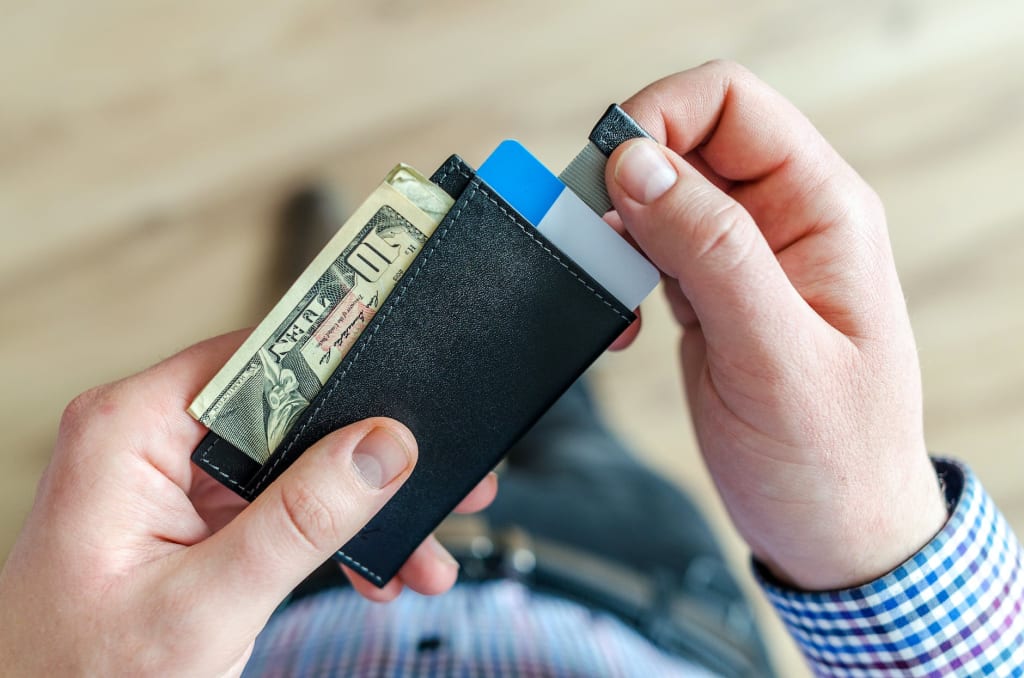
This post contains affiliate links, so we may earn a small commission when you make a purchase through links on our site at no additional cost to you.
You clicked on this article because you would like to learn all about personal finance, but you're not sure where to start. You're not alone! There are plenty of people who have no idea how to navigate the big wide world of money.
But it's okay because I'm going to tell you how. This post will cover many of the basics to help you focus on wealth creation or simply manage your money. Now let's start with a few of the basic steps you can take.
Create a budget and track your spending habits
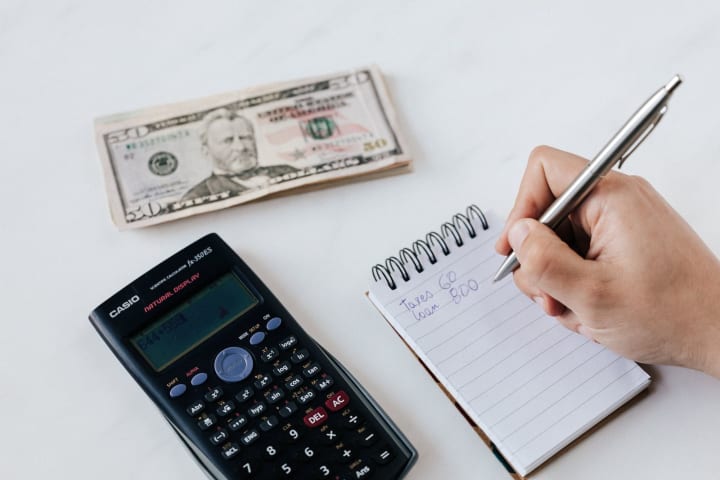
One essential step in effective financial management is creating and adhering to a budget. Sticking to a budget will help you avoid overspending and make it easier to save. It's also important to keep an eye on any unexpected costs that may come up, such as medical bills, home repairs, or car troubles. By monitoring your spending closely, you can spot potential problem areas before they become too pricey to handle.
If you're not sure where to begin with budgeting, try tracking your spending for a month or two. Use cash or debit cards only so that you can see exactly how much money is going out of your wallet and into the world. At the end of each day, write down any expenses that were made, so you can keep track in an organized fashion.
Create spending categories (food, transport, entertainment, bills, etc.) to know what types of things you spend most of your money on. After a couple of months, you'll have a clear picture of where your money is going.
From this point on, you can make informed decisions about how much to spend in each category and whether there are areas where you could cut back. For example, if you spend $50 on fast food once a week and decide this isn't the best use of your funds, try packing lunches instead of eating out so that you can cut down on those expenses. You can compare your expenses with your income and see how much is being saved by these changes in categories, which will allow you to start saving more money.
Understand the different types of savings accounts available to you

It's important to be aware of the different types of savings accounts that are available to you. From traditional checking and savings accounts to health savings accounts, certificates of deposit (CDs), and money market deposits, each type of account offers its own advantages.
Comparing the different types of savings accounts will allow you to determine which type is best for your needs. For example, if you have a large amount of money that you want to set aside for future expenses, a CD or money market account may be more suitable than an online savings account.
Comparing fees, rates, and terms can put you on track to finding an account that works best for you. Online savings accounts are one of the most popular types of bank accounts. They're easy to open, usually come with low fees or zero, high interest rates, and can be easily accessed using your computer or mobile device. Some online savings accounts are even FDIC-insured up to $250,000 per depositor.
Learn the basics of credit and credit cards
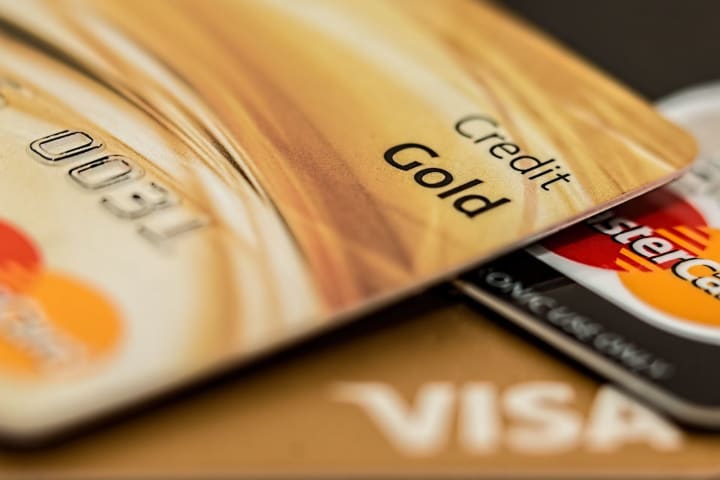
Credit is an important part of your financial life, and understanding the basics can help you make more informed decisions about debt. A good credit score is generally considered to be in the 700s, and it allows lenders to assess your history with managing loans and paying bills.
Many people use credit cards to manage their finances, but it's important to understand what interest rate you will be charged, should you carry a balance from month-to-month, as well as the impact of late payments on your overall credit score. Developing good habits when handling a credit card can help positively shape your credit over time.
Credit cards can be a great tool for managing your finances, as long as you understand how they work. You want to avoid carrying a balance from month-to-month because that will impact your credit score. It's also important to make sure you pay off the full amount of your bill each month so that you don't accrue interest charges.
When building up credit history, it's often best for people with no prior experience or poor credit history to start out with a secured card. These are credit cards that require a deposit as collateral for the credit card amount awarded. Since there is a deposit made, it is easier to get accepted for these cards, which means that they are an easy way to start building or improving your credit score.
Once you have established a good credit history with secured cards, it's time to move on up to a real unsecured credit card. These are the cards that don't require collateral or deposits for you to be approved for them. These cards tend to have better perks, like a high percentage cashback or more points or miles earned with every purchase.
To maximize those perks, you need to make sure you are making as many of the purchases you usually make with those credit cards, since spending more means getting more perks. However, you need to make sure that you are spending only up to an amount you can pay in full at the end of the billing cycle, since rolling a balance onto the next cycle or having an unpaid balance generating interest is what then lowers your credit score again.
Build an emergency fund

If you don't have an emergency fund already, it is time to build one. An emergency fund is a reserve of money you can use if something unexpected happens that requires cash. The last thing you want is to be caught in a financial bind without the money to get out of it. An emergency fund can help you avoid that situation.
It's important for your overall financial health, since it provides a cushion against unexpected expenses like medical bills, car repairs or even a roof leak repair in the middle of a storm. The general rule is to have a fund that can cover three to six months of total living expenses. If you're just starting out, try to get the amount up to at least one month of living expenses as soon as possible.
That way, if something happens and you need money right away - like if your air conditioner stops working - you won't have to worry about going into debt to pay for repairs. In fact, having an emergency fund can help improve your credit score, since financial institutions can that you have set money aside for unexpected events, so they will be more willing to provide better credit opportunities.
Develop a plan for investing in the stock market
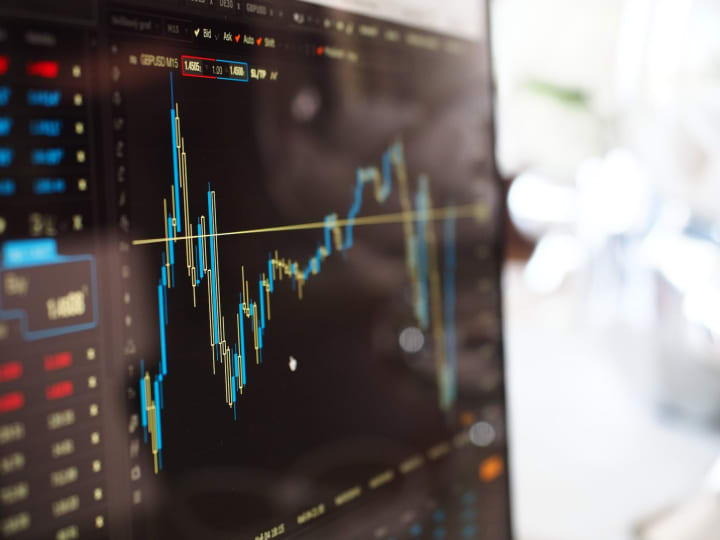
Investing in the stock market is a great way to create long-term wealth, but it's important to have a plan. Consider using index funds and build a diversified portfolio that can help protect your investments if one part of the market takes a downturn. Most importantly, set clear goals and target return rates so that you track progress toward achieving them each year.
Investing in index-tracking ETFs like SPY can provide you with said diversification and take the heavy work off your shoulders when it comes to investing in stocks. It's also important to remember that investing in the stock market is not without risk. Stock investments can go up as well as down, so you shouldn't invest amounts that you cannot afford to lose.
However, there are methods to mitigate some of this risk. For example, there's the Dollar Cost Averaging method. With this method, you invest a set amount each month into your desired asset, regardless of if it goes up or down. This allows you to lower the average purchase price for your asset, leading to a better profit long-term. By investing in this way over the course of a few years, you will be set to grow your wealth exponentially and gain the financial independence you desire.
Conclusion
These are just some of the basic steps that you can take to improve your personal finance situation and set yourself on a path to sustainable wealth generation. The most important thing still is to be consistent with the goals you set yourself and stick to your budget as much as possible, which will allow you to reduce unnecessary expenses and increase the money you have left over at the end of the month.
You're already on the right track by reading this article, and I hope that you'll take some of these tips and put them to use in your own life. If you would like to learn more about personal finance and how it could benefit your life, I highly recommend reading the book "Rich Dad Poor Dad" by Robert Kiyosaki. You can also look through my blog, where I post tips and insights on personal finance and business strategy.
I hope this article has helped you and given you the inspiration needed to tackle your finances. Let me know how it goes through my social media or in the comments below.
About the Creator
figueredoc
From Colombia. I write about the things and ideas that help you and me become better people. Chat with me on Instagram @figueredoc


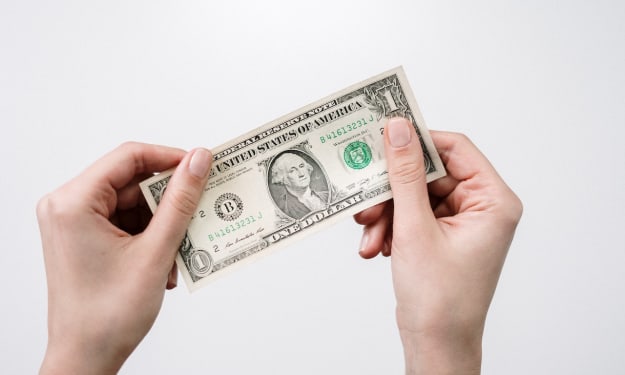



Comments
There are no comments for this story
Be the first to respond and start the conversation.